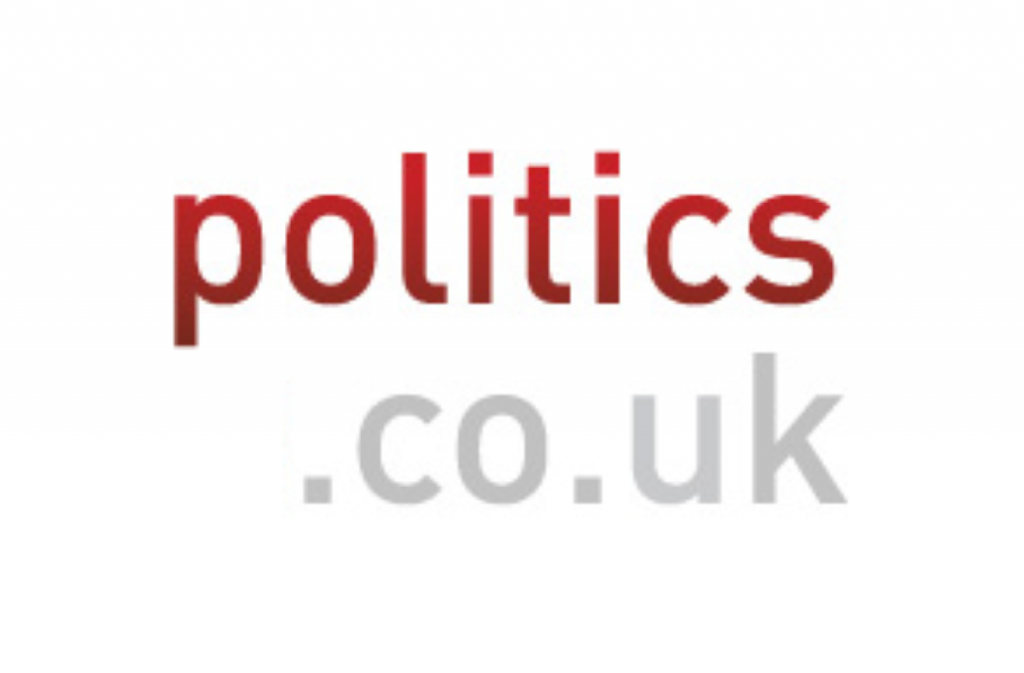Church leaders express faith school fears
Senior church leaders have expressed reservations about Christian children going to Muslim faith schools.
The head of the Roman Catholic Church in England and Wales, Cardinal Cormac Murphy-O’Connor, and Church of England bishop Reverend Tom Butler have both suggested that Muslim faith schools may be inappropriate for Christian children.
The comments are likely to feed into the debate about faith schools, and the wider question of multicultural Britain in the wake of the London bombings.
Speaking on a BBC Two programme, God and the Politicians, due for broadcast tomorrow, Cardinal Murphy-O’Connor said he welcomed Jewish and Muslim parents sending their children to Catholic schools.


But he said he would not want large numbers of Catholic children going to Muslim schools, saying the “creed of Islam is totally diverse from the creed of Christianity”.
On the same programme, Reverend Butler, Bishop of Southwark, said he would not have sent his own children to a Muslim faith school.
The general secretary of the Muslim Council of Britain, Sir Iqbal Sacranie, reacted with disappointment to the comments on the programme.
Mr Sacranie said he had received his secondary education in a Catholic school, and did not see why Christian children could not benefit from an education in a Muslim faith school.
The prime minister has publicly backed religious schools in the state sector. And specific proposals will be launched this autumn to make it easier for any independent school to join the state sector – including independent religious schools.
Currently there are only five Muslim schools in the state sector, and about 7,000 Christian schools. But the plans could see many more Islamic faith schools joining the state sector.
But some, including the Liberal Democrats, have said more religious schools would mean greater segregation in education.
And a poll published in The Guardian in August suggested a majority of the public were against plans to increase the number of faith schools because of fears they could be divisive.












